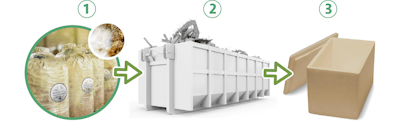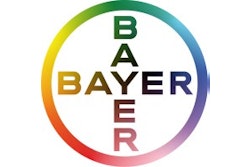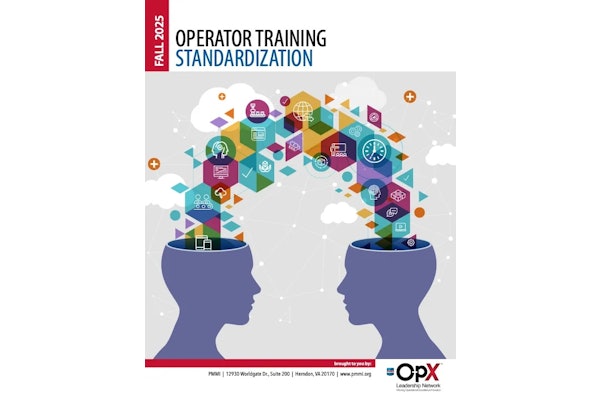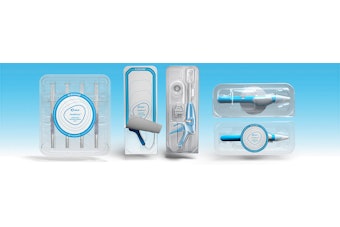Offering a top prize of $100,000 in equity-free funding, the annual Ray of Hope Prize® from the Biomimicry Institute is designed to help startups across a variety of industries working to solve problems with nature-inspired solutions.
Here’s a look at the startups in materials, supply chain, and waste reduction:
Mycocycle (U.S.): Per the Ray of Hope Release, “Mycocycle works with nature’s master decomposers, fungi, to break down complex waste streams such as construction materials and asphalt. Using a systems-level biomimicry approach, Mycocycle’s process enables a circular industrial supply chain, becoming ever more important as landfills reach capacity.”
Fungi are optimized in a lab to decompose specific waste streams, which are then remediated on site in collaboration with manufacturers, recyclers, and waste management companies. The resulting by-product can then be used to create new products including insulation, packaging, and others where plastics have previously been utilized. “It is lightweight, has insulative properties, and offers water and fire resistance,” according to the company.
Fusion Bionic GmbH (Germany): “Fusion Bionic creates laser-generated surface textures inspired by textures found in nature, opening up new possibilities for functionalized surfaces. Their Direct Laser Interference Patterning (DLIP) can create micro- and nano-scale surface textures on which, for example, ice does not stick, (anti-icing for e.g. aviation), glass surfaces of smartphones do not reflect (anti-reflective), and implants are better accepted by the body (biocompatible, antibacterial).”
The goal is to replace environmentally harmful surface texture processes. The patterns, often comparable to those found on natural surfaces such as lotus leaves and moth eyes, can be applied on metals, polymers, ceramics, coatings, and glass.
GreenPod Labs (India): “India is the second largest producer of fruits and vegetables, but ~40% of fresh produce is lost before it reaches consumers,” notes the news release. “GreenPod Labs have created bio-inspired packaging sachets that release plant-based volatiles to activate the built-in defense mechanism within specific fruits or vegetables, in order to slow down the ripening rate and minimize microbial growth. By understanding crop physiology and spoilage types, GreenPod Labs is able to create the right formulation for produce to fight against biotic and abiotic stresses at ambient temperature, lessening the need for cold storage and cold supply chains.”
Intropic Materials (U.S.): In an effort to tackling the growing issue of plastic waste, Intropic Materials embeds enzymes in plastics to aid and significantly speed up natural degradation. According to the release, “These plastics rapidly and completely break-down at the end of use into biodegradable or chemically recyclable small molecules without producing microplastics, in accessible life-friendly conditions like warm water baths or compost. This is enabled by their proprietary enzyme stabilization platform, designed to function similarly to chaperone proteins, which protect and preserve enzymatic structure and function in foreign environments.”
Read about the other winners here, including Amphibio, which offers a recyclable and PFC-free alternative to traditional waterproof breathable textiles.
























